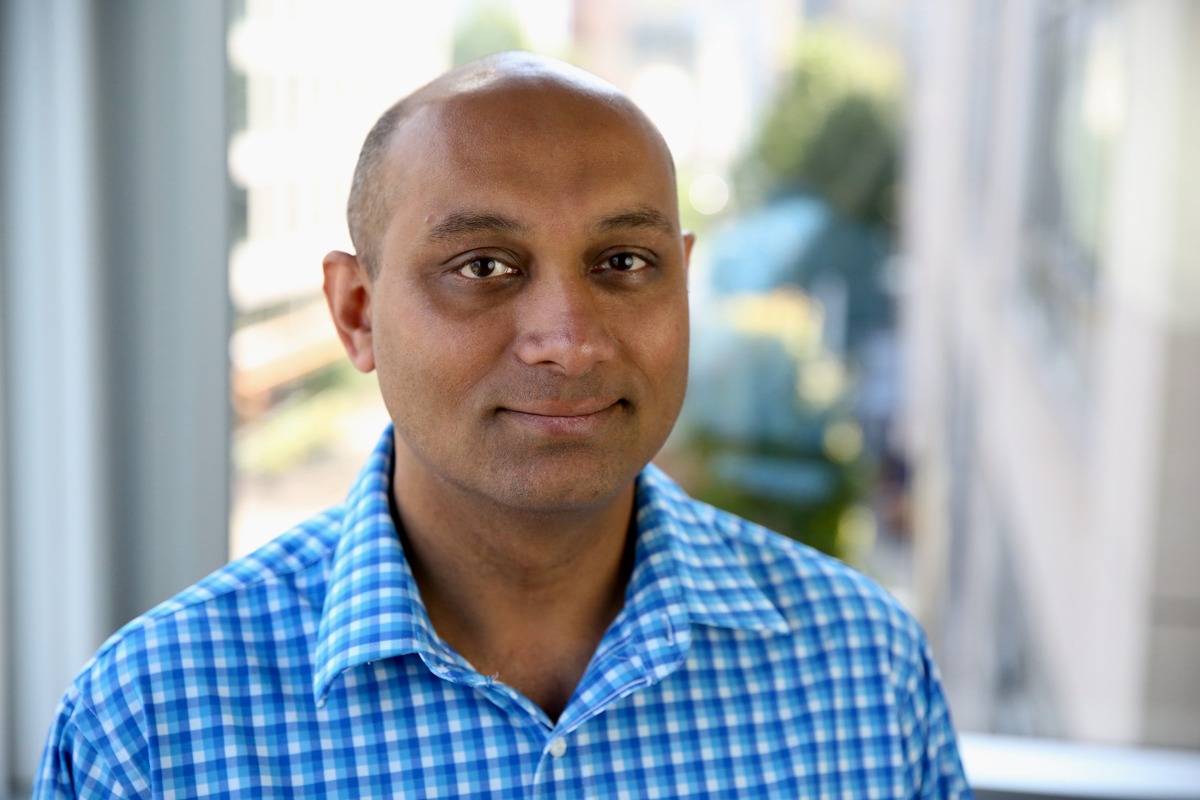Sid Venkatesh Joins ISB as Assistant Professor
 isbscience.org/news/2024/01/04/sid-venkatesh-joins-isb-as-assistant-professor/
isbscience.org/news/2024/01/04/sid-venkatesh-joins-isb-as-assistant-professor/
Dr. Sid Venkatesh recently joined ISB as assistant professor and is our newest faculty member.
Below is a Q&A with Sid that delves into his research, his aspirations in the gut-microbiota field, his philosophy as a scientist, and what he does when he’s not in the lab.
ISB: Congratulations on being named ISB Assistant Professor. What does this appointment mean to you?
Sid Venkatesh: ISB has a rich history of supporting fundamental research that advances our understanding of health and disease. There is also a huge emphasis on being bold and imaginative, and I am honored to be joining this community and enthusiastic about building on its wonderful tradition. Moreover, I have admired many of the highly accomplished scientists at ISB and its neighboring institutions from afar, so it is exciting to be a member of the Seattle ecosystem.
ISB: How do you describe your work to non-scientists?
Sid: Our group is interested in defining the mechanisms by which the gut microbiota impacts human physiology and health. We are especially keen about characterizing enzymes and receptors that underpin host-microbial interactions. I have always believed that the pursuit of such curiosity-driven research is a privilege and will have significant ramifications for human health.
ISB: How do you think microbiome research might change in the next 10 years? How has it changed over the past decade?
Sid: No predictions, only aspirations. Over the past decade, our understanding of the mechanisms by which the gut microbiota influences human physiology has been enhanced with advances in germ-free mouse husbandry, next-generation sequencing, and mass-spectrometric methods. We are now well positioned as a field to ascribe causal roles for specific bacterial strains rather than being stuck in webs of never-ending correlations.
ISB: Your academic career has taken you from one Washington (Washington University in St. Louis) to another (Washington state). You just moved your family to the Pacific Northwest. In your limited time thus far in Seattle, what are your takeaways?
Sid: It has been an intense transition. My wife is a tax accountant and we have a little boy, so it is always a challenge to balance everything. But we have enjoyed the lush vegetation and fantastic views of the water thus far, and we are gaining an appreciation as to why people are reluctant to leave Seattle.
ISB: What do you do when you’re not in the lab? What are your hobbies?
Sid: I play piano and also enjoy watching British crime dramas (e.g., “Line of Duty”).
ISB: What is the last book you read?
Sid: “Little Blue Truck Leads the Way” by Alice Schertle. A citation classic.
I am also reading the latest edition of “Principles of Virology” (Flint et al.) from cover to cover. One of my past mentors is a new addition to the authors, and is someone who has always been an inspiration to me.
ISB: What is your lab’s philosophy?
Sid: We are deeply committed to mentoring and training a diverse team of individuals who will become tomorrow’s leaders. Our science is interdisciplinary, and we aim to establish a culture that is collaborative and inclusive.
To learn more about Dr. Sid Venkatesh and the Venkatesh Lab, please check out his biography and lab overview page.





